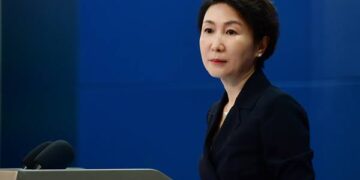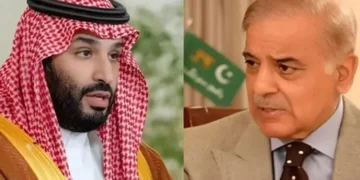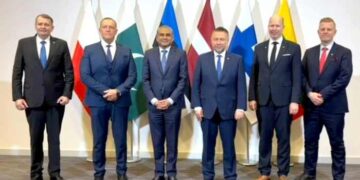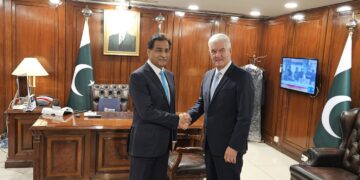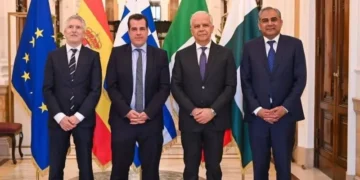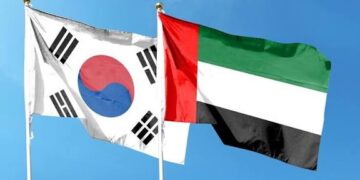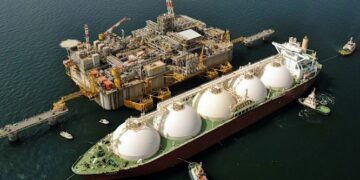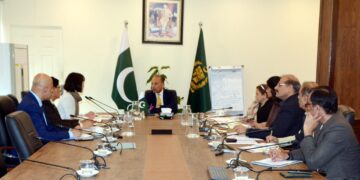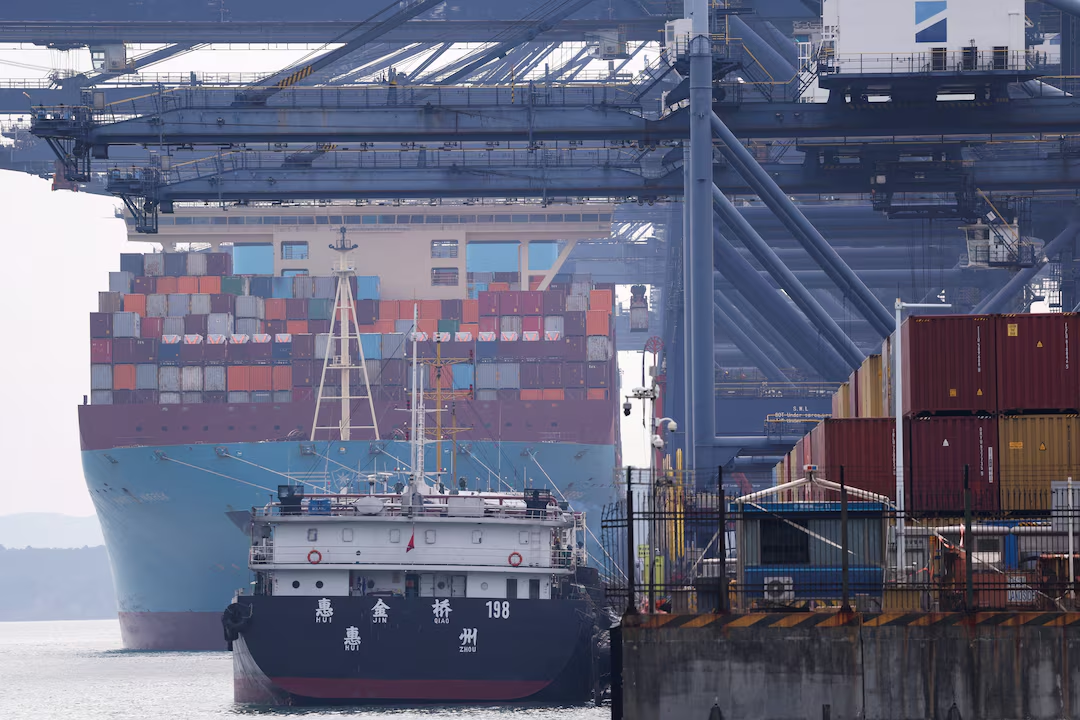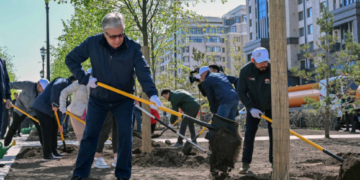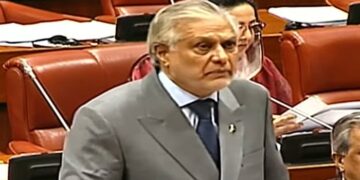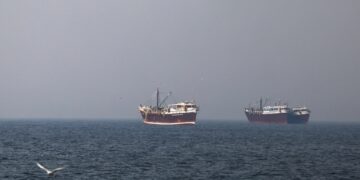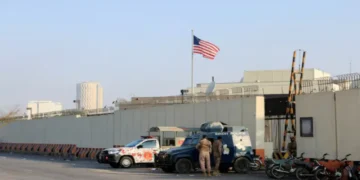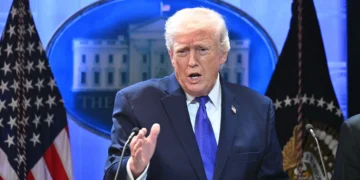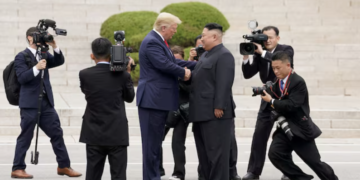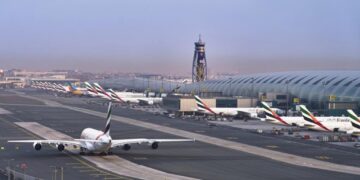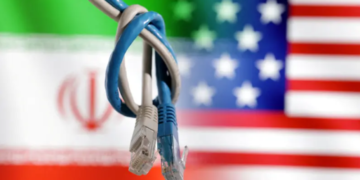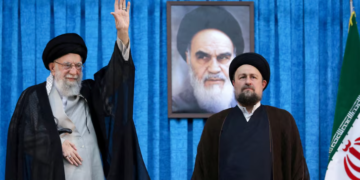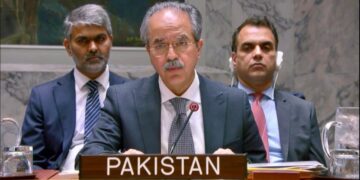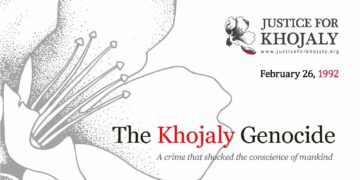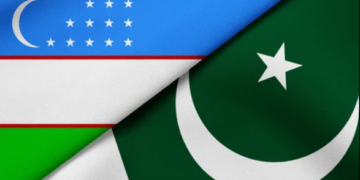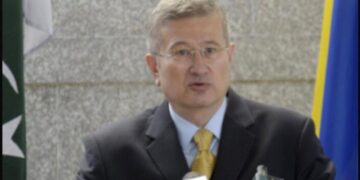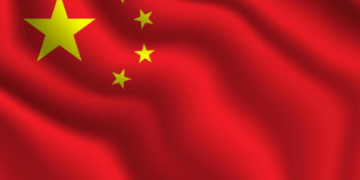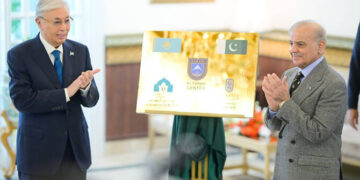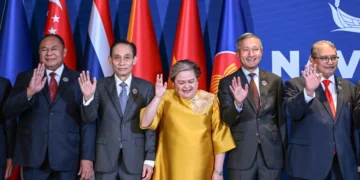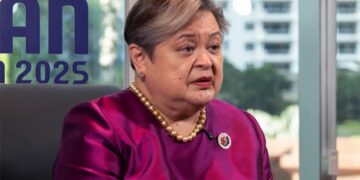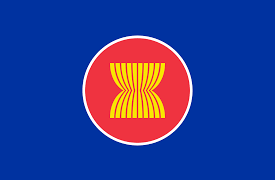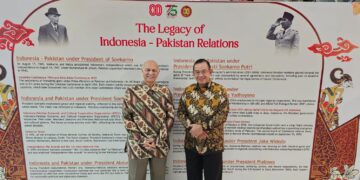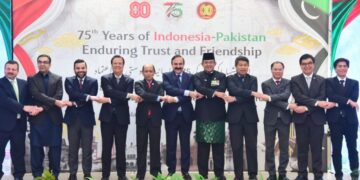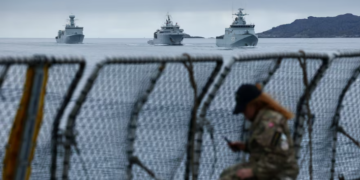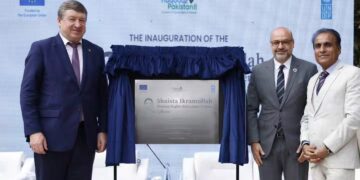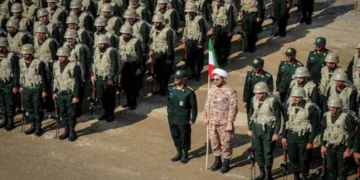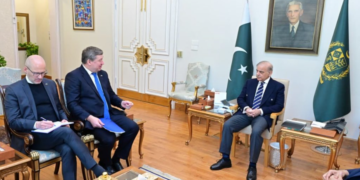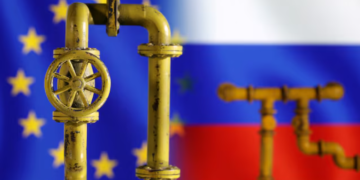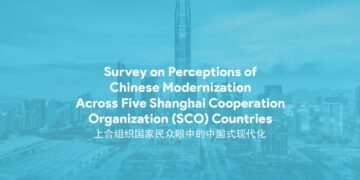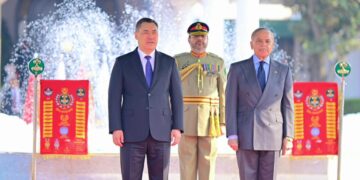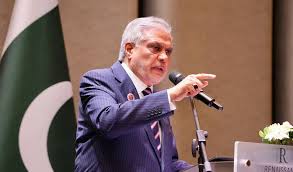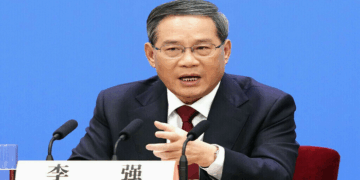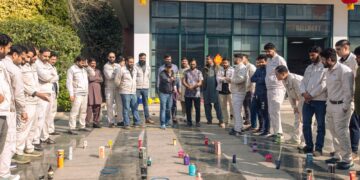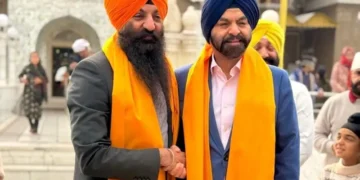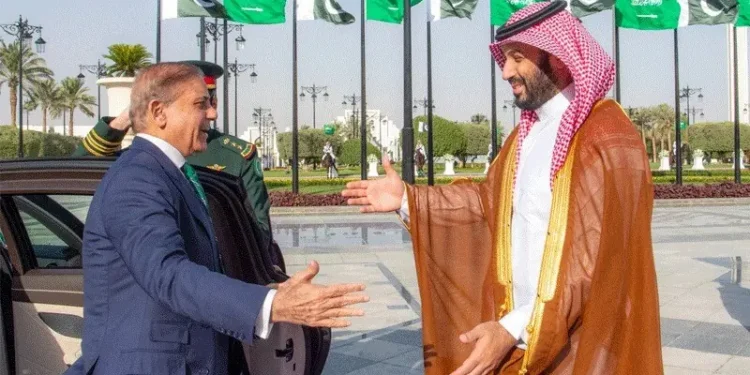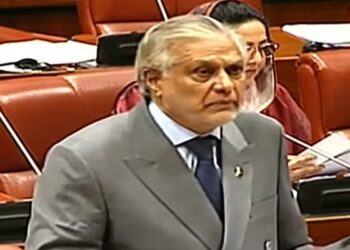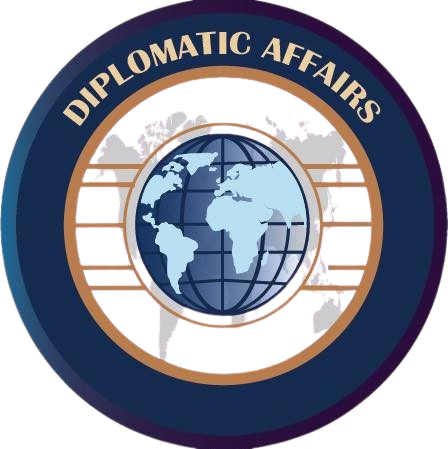LONDON; Deputy Prime Minister and Foreign Minister Ishaq Dar said on Friday that Pakistan’s landmark mutual defence agreement with Saudi Arabia has drawn the attention of other nations, with some expressing interest in forging similar partnerships.
The historic pact, signed on Wednesday at Al-Yamamah Palace in Riyadh by Prime Minister Shehbaz Sharif and Saudi Crown Prince Mohammad bin Salman, commits both countries to treat any external aggression against one as an attack on both. The deal comes at a time of heightened tensions in the Middle East and only months after the deadly India-Pakistan conflict in May.
Speaking to reporters in London, Dar said it was “premature” to identify which states might join or replicate the arrangement, but confirmed discussions were underway. “This was not signed overnight; it has taken several months,” he noted, underscoring that the agreement formalises a long-standing but previously informal security understanding between Islamabad and Riyadh.
Calling it a “historic pact,” Dar credited Saudi Arabia for consistently standing by Pakistan during times of crisis — from economic sanctions in the past to more recent support during the 2022–23 IMF negotiations. “Their support was very relevant and important,” he stressed.
Defence Minister Khawaja Muhammad Asif clarified in an interview with Reuters that nuclear weapons are “not on the radar” of this pact, though he added the agreement could potentially be extended to include other Gulf countries.
“We have no intention of using this pact for aggression,” Asif said. “But if either party is threatened, then obviously this arrangement will become operative.” However, only a day earlier, Asif had suggested that Pakistan’s full defence capabilities would remain available under the pact.
The deal has been welcomed domestically, with PPP Chairman and former foreign minister Bilawal Bhutto-Zardari calling it a “very positive development” in light of recent regional conflicts. He congratulated Prime Minister Shehbaz Sharif for successfully concluding the agreement.
India, however, reacted cautiously. At a press briefing, Indian foreign ministry spokesperson Randhir Jaiswal said New Delhi expected Saudi Arabia to respect “mutual interests and sensitivities” in its partnership with Pakistan. India and Saudi Arabia, he noted, have a growing strategic partnership, particularly in energy cooperation, with both nations exploring joint projects in crude supplies, refineries, and petrochemicals.
India’s foreign ministry also confirmed it had been aware of the pact in advance and would study its implications carefully. The development comes against the backdrop of three past wars and repeated clashes between India and Pakistan, most recently the intense four-day conflict in May.

